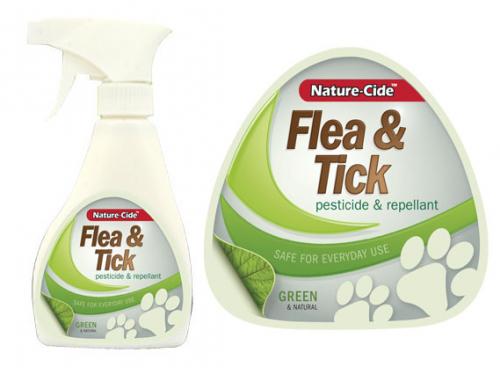Public clamor for all-natural pesticides is on the rise after a 58-year old woman from Jefferson county, Georgia became the latest person to have died after inhaling toxic fumes from an agricultural insecticide.
The Augusta Chronicle said Rosa Gilmore Green and her 12-year old grandson were likely exposed to the pesticide Fumitoxin, which was released by a relative in their home in North Martin Luther King Boulevard last Wednesday.
Green's son noticed the heavy chemical odor and immediately brought the woman and the child to his home. It was there that Green's condition worsened, prompting a 911 call.
The call, which described Green as weakened and unable to move, prompted first responders to bring the family to Jefferson County Hospital where the grandmother was declared dead.
The 12-year old boy and the son's two daughters, aged 11 and 14, were also brought to the hospital for precaution.
Jefferson County Hospital's emergency room had to be sealed to decontaminate the area from airborne contaminants.
The reports said Fumitoxin, which comes in tablet form and activates when exposed to moisture, emits phosphine gas used to kill weevils, mice and insects that destroy stored crops. It is usually placed in grain storage to kill any mammal inside the room. It should not be used in homes or buildings occupied by humans.
Green's autopsy and toxicology report will take a couple of weeks to be completed. In the meantime, her grandson, who lives with her, was admitted to the Georgia Regents Medical Center. Media said the condition of the child was still unknown.
According to the US National Library of Medicine, Fumitoxin or aluminum phosphide (AIP) is a cheap and commonly used pesticide. However it is one of the most common causes of agricultural pesticide poisoning.
"The toxicity of AlP particularly affects the cardiac and vascular tissues, which manifest as profound and refractory hypotension, congestive heart failure and electrocardiographic abnormalities," an article from the Journal of Emergencies, Trauma and Shock said.
The same article said pesticide poisoning has become a global public health program since it accounted for one-third of the world's suicide incidents.
Around 300,000 deaths in the world are attributed to pesticide poisoning. And AIP, specifically, poses a threat since it can be used for chemical terrorism, the article said.
It is no surprise that a number of all-natural pesticides have been entering the market in a bid to provide safer and environment-friendly alternatives.
One such product is Pacific Shore Holdings, Inc.'s (PSHR) Nature-Cide product line of 100% natural pesticides and insecticides. Made from essential oils, Nature-Cide's sprays are completely safe for use at home where there are children and pets.

It is completely "chemical and poison free" and comes in different variants that address particular pest problems - from bed bugs to rodents and reptiles.
The essential oils emit a pleasant smell to humans but have a different effect on insects. Insects are killed after the oil enters the body and disables its natural defense mechanism before disrupting the pest's nervous system, causing paralysis and death.
Rodents and reptiles are meanwhile repelled by the smell.
Nature-Cide's products are currently sold online through its website. They come in 32-oz. spray bottles that are best used for bed bugs, fleas and ticks, indoor and outdoor pests.